[Party History Daily] What happened before the Nanchang Uprising?
Author:Police Garden Time:2022.08.03

On March 21, 1927, under the leadership of the Central Committee of the Communist Party of China and the Shanghai District Party Committee, the third armed uprising broke out by Zhou Enlai as the chief commander. After 30 hours of heroic battles, Shanghai occupied Shanghai at the cost of blood and life. On the 22nd, the Shanghai Special Municipal Government was established.
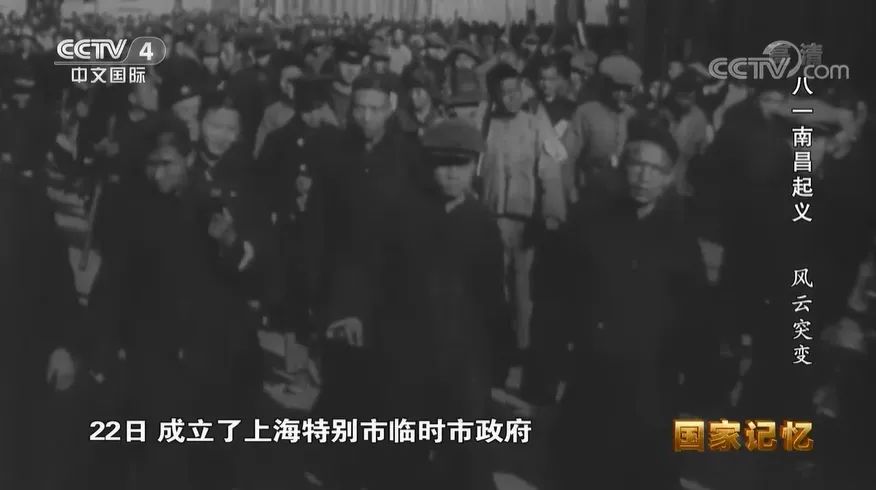
The victory of the third armed uprising of Shanghai workers has returned to the people who have long been ruled by imperialism and Beiyang warlords for a long time. However, the workers and the revolutionary people immersed in victory did not know that there was a conspiracy behind the joy that was coming to them.
On March 26, Chiang Kai -shek, then commander of the National Revolutionary Army, drove into the Huangpu River and arrived in Shanghai by warship. Chiang Kai -shek first visited the Japanese consul in Nanjing and the Consul General in Shanghai, and continued to meet the representatives of the Jiangsu and Zhejiang chaebols.
From late March to early April, Chiang Kai -shek and the Kuomintang right -faction held several secret meetings in a row, advocating to clearly eliminate the Communist Party members of the Kuomintang as a personal identity and promote the so -called "Qing Party Movement". A massacre of the Communist Party members, the Kuomintang left, and the revolutionary masses will start in Shanghai.
Before the Massacre began, Zhou Enlai received a letter from Silie, the 26th Division of the 26th Army of the National Revolutionary Army. Si Lie invited Zhou Enlai to talk to his headquarters.
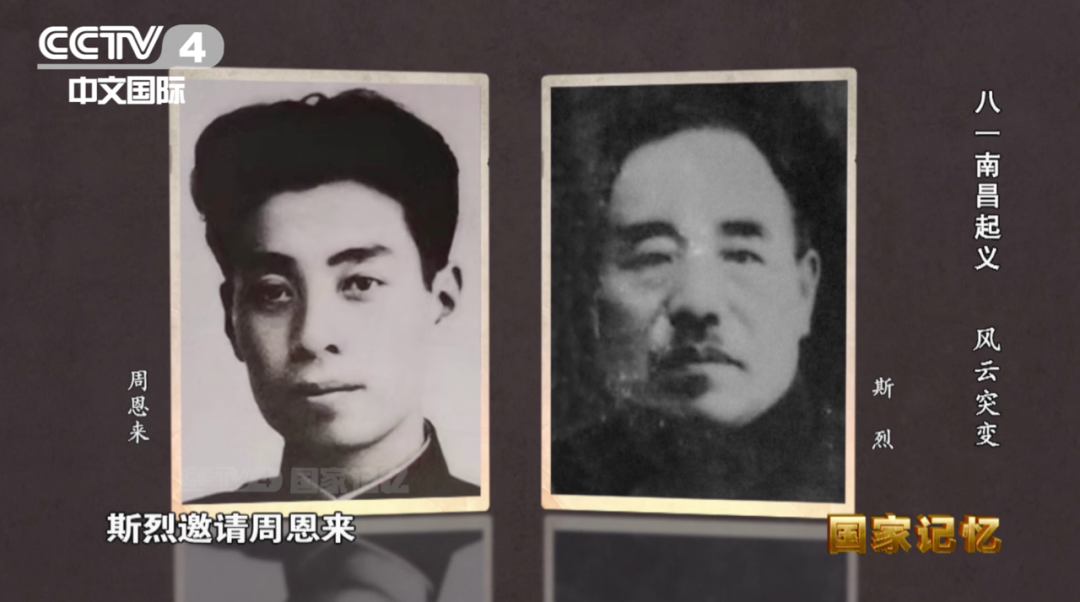
Just when Zhou Enlai and others were dealt with, a large number of blue gangs were a vanguard, and they quietly surrounded more than 10 strongholds of the Shanghai Federation of Trade Unions to open the killing ring. The 26th Army, who has been waiting for a long time, is under the name of "mediation of workers 'internal" to contribute all the workers' pension teams.
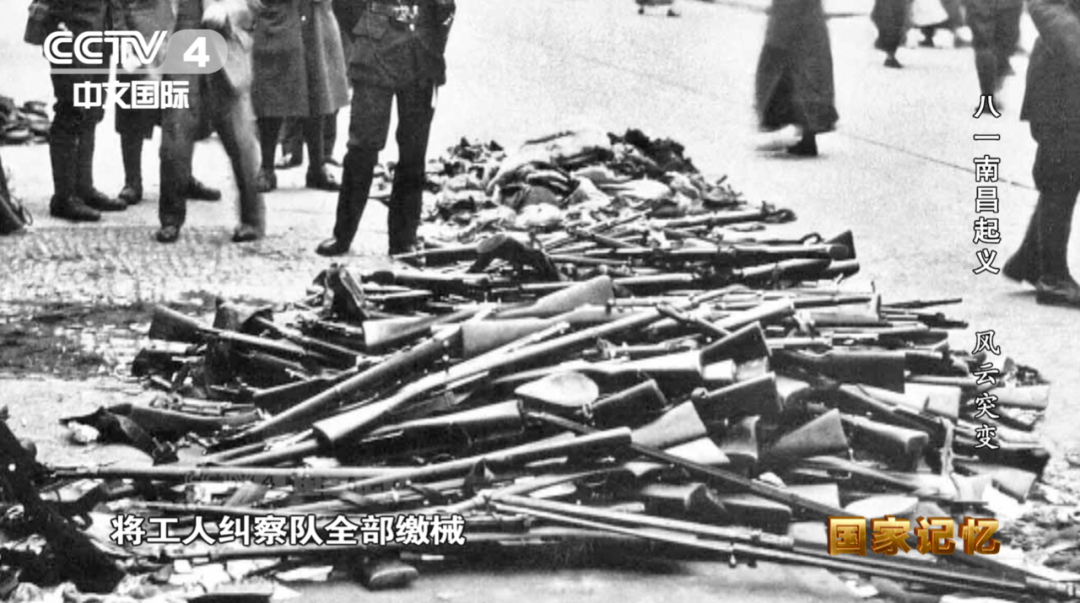
After Chiang Kai -shek launched a counter -revolutionary coup in Shanghai, Jiangsu, Zhejiang, Anhui, Fujian, Guangdong, Guangxi and other places also successively killed the Communist Party members and revolutionary people on a large scale.
A large number of outstanding Chinese children fell into the bloody storm. In Guangdong alone, more than 2,000 people were killed. Among them, more than 100 Communist Party members such as Xiao Chu and Xiong Xiong were sacrificed.

Under such circumstances, on May 15th, the Central Committee of the Communist Party of China in danger moved from Shanghai to Wuhan to continue to cooperate with the Kuomintang in Wuhan and insist on fighting with the reactionaries.
Wang Jingwei claimed to be "left" at the time, and verbally said that he would resolutely implement the three major policies of the United Russia, the Communist Party of China, and the help of agricultural workers, but he was preparing for various "division" in his back.
Just as Wang Jingwei became more and more "divided into", He Long's attitude of the 20th Army of the National Revolutionary Army was very distinctive. Resolutely implement the decision of the Communist Party. Do not leave all the Communists who work in our troops and continue to work with confidence and boldly. "
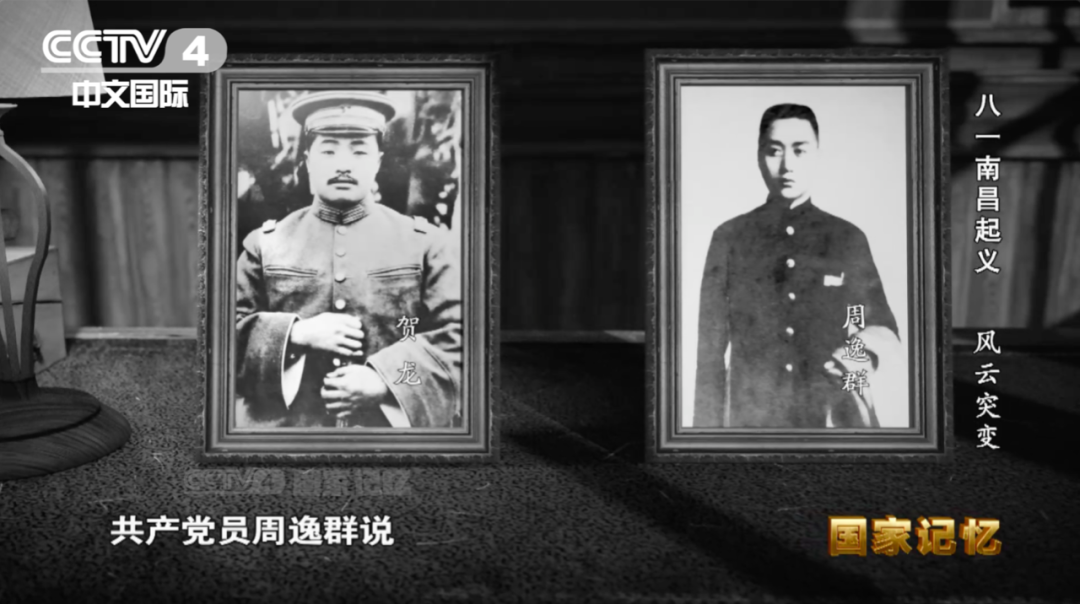
In the subtle way, the thoughts of this unit led by He Long further tended to the Communist Party, becoming the armed forces relied on the Communist Party of China.
On July 12, the Central Committee of the Communist Party of China implemented a reorganization, and chaired the Central Interim Standing Committee of the Central Committee by Zhang Guozhang, Zhou Enlai, Li Weihan, Zhang Tailei, and Li Li San. The next day, the Central Committee of the Communist Party of China issued a declaration of the political situation to condemn the reactionary actions of the Central Committee of the Kuomintang and the National Government of Wuhan.

On July 15, 1927, the vigorous revolution pressed the termination key. On this day, Wang Jingwei held the expansion of the Kuomintang Central Executive Committee in Wuhan. In the name of "dividing the Communist Party", he officially broke with the Communist Party. At this point, the cooperation between the Kuomintang and the Communist Party has ruptured.
After Wang Jingwei betrayed the revolution, the Standing Committee of the Interim Political Bureau of the CPC Central Committee held an emergency meeting, initially decided to hold an armed uprising in Nanchang, Jiangxi, and formed the former enemy committee of the Communist Party of China with Zhou Enlai as the secretary.
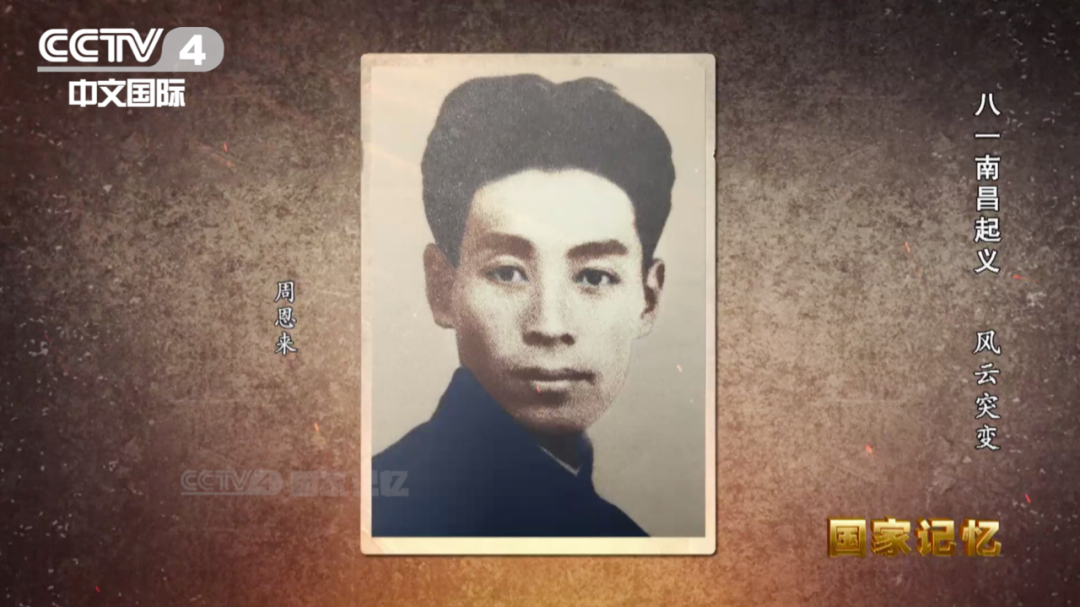
Military uprising, which is important, strictly abide by the party's discipline, is the habit of Zhou Enlai. Before leaving, Zhou Enlai also kept his wife Deng Yingchao. Later, Deng Yingchao talked to her niece Zhou Bingde.
In the summer of 1927, in the face of the sister -in -law who wanted to kill the revolutionary, the Chinese Communists who came out of the blood of the corpse mountains, held up the banner of the revolution, used the revolutionary armed forces against the anti -revolutionary armed forces, picked up the gun, stepped on The last long revolutionary road like a storm.
- END -
Tea Ceremony Philosophy and Southwest Tea Horse Ancient Tao Academic Symposium was held
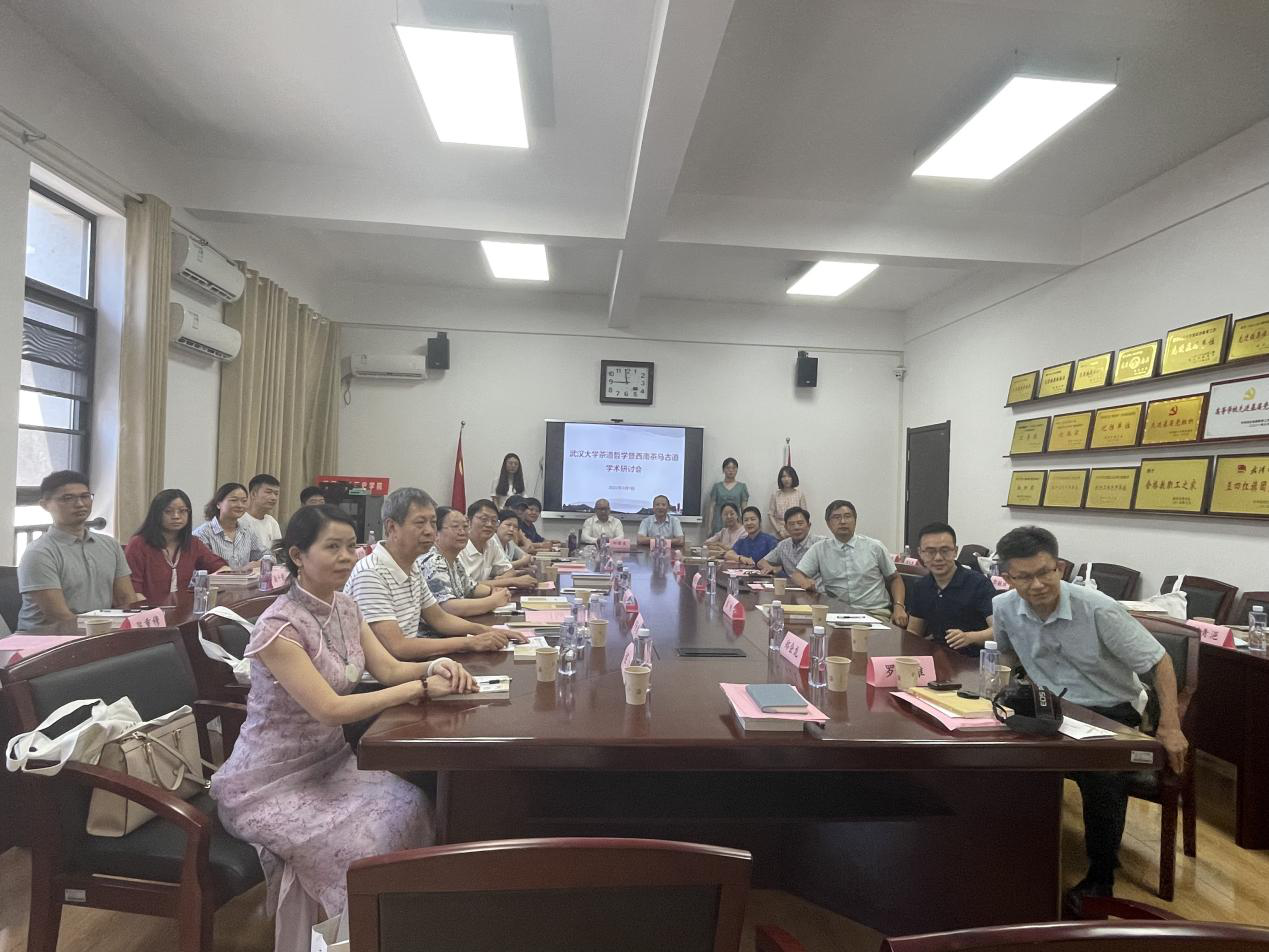
On August 9, the Wuhan University Tea Culture Research Center and the Tea Ceremony...
Scientists have confirmed for the first time: Alzheimer's dementia is related to bowel disease!
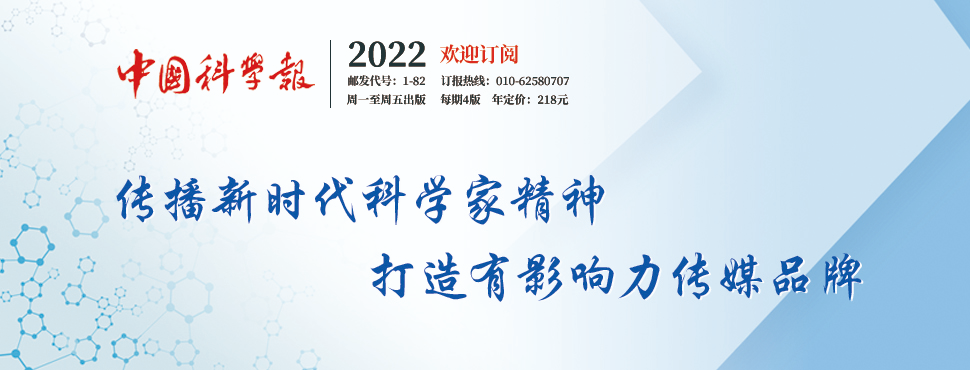
Text | Li MuziAlzheimer's disease (AD) destroying memory and thinking is the most c...